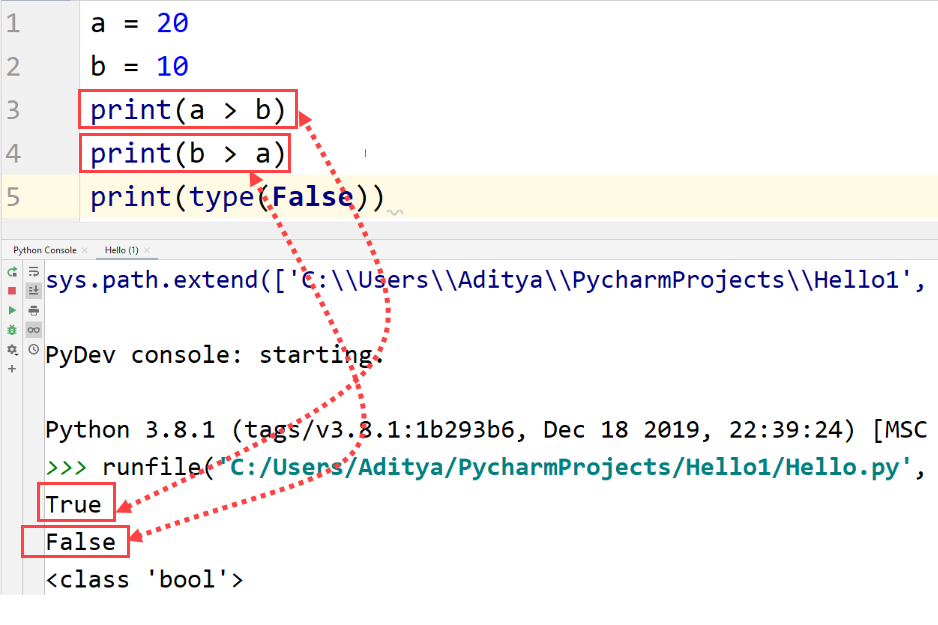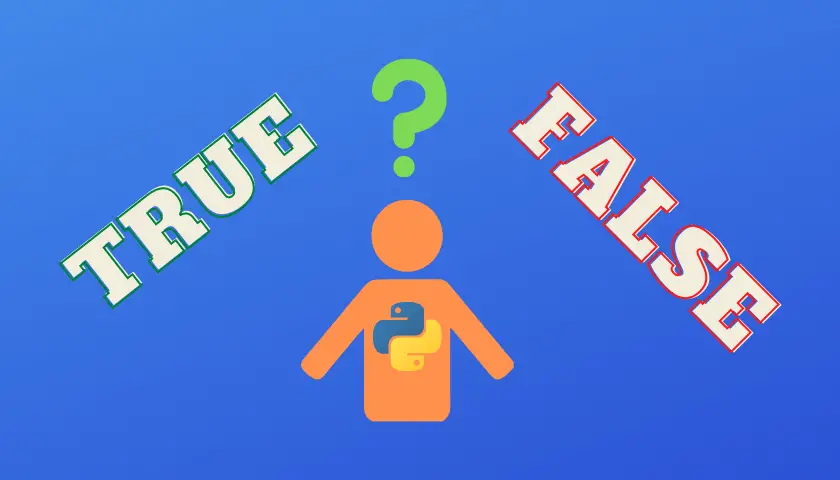

This tells Cision to return only those articles that contain all of the words: "Target", "store" and "holiday". The AND operator, used in conjunction with multiple terms, requires that all terms must exist in an article for it to match. The fastest way to reach us directly is through our in-app Help Chat, at the top-right of your screen. Our experienced team is well-trained in building complex Boolean searches, and can assist by building entire searches or guiding you through building your own. Note : Unless otherwise specified, a term can be in the headline or body of an article.Įven with this guide, we encourage you to reach out to us for additional help. An article with “Target” and “stores” would not pull “store” would need to be mentioned. Similarly, searching for (“Target” AND “store”) will only pull results where both of those words are mentioned exactly as they are written in the search. the search terms you require or exclude) must appear exactly as they do in the article for it to pull, or not pull, into your dashboard or alert.įor example, a search for the singular version of the word “Kitten” will not match articles where only the plural, “Kittens”, are mentioned, unless the singular “Kitten” also appears in the article. Keep in mind that a Boolean search is literal. There are many other more advanced Boolean operators in Cision that can do things like: AND, OR, and NOT are the primary operators of Boolean logic. Sentiment criteria can be a comparison of document or entity sentiment to a single value, or a range.Simply speaking, a Boolean search is an expression that results in a value of either TRUE or FALSE (in our world, that an article matches the search term(s) or doesn’t). Optionally, a sentiment criteria component may be added.

This may be any of the entity types supported by the Salience entity extraction model, company, person, place, or product. If the first component is entity, it may be followed by an entity_type. The syntax above allows for the first component of the metadata criteria to be either entity or document. "onions NEAR/10 cheese" – this does nothing onions "NEAR/10" cheese – this does nothingĬertain metadata criteria can be included by enclosing accepted keywords within braces:

(onions NEAR/5 cheese) would tag a comment like "Do you want onions on top of your cheese?" but not "Their cheese is my favorite but only on the dish with caramelized onions." 🚧ĭo not use the NEAR operator in the following fashions: Other examples include: (onions OR bananas) NEAR/5 (cheese OR dinner) would tag "The banana split was included with dinner" and "The steak dinner with onions was my favorite." This query will not detect sentences like "The cheese platter on the dinner menu was superb" or "Bananas, strawberries, and ice cream are not a balanced dinner." The default distance is 10 words, but you can vary the distance the NEAR operation uses by adding a number suffix such as onions NEAR/50 cheese, which means the onion must exist within 50 words of cheese. onions NEAR cheese means that the term cheese must exist within 10 words of onions. A NEAR operator is effectively an AND operator where you can control the distance between the words.


 0 kommentar(er)
0 kommentar(er)
